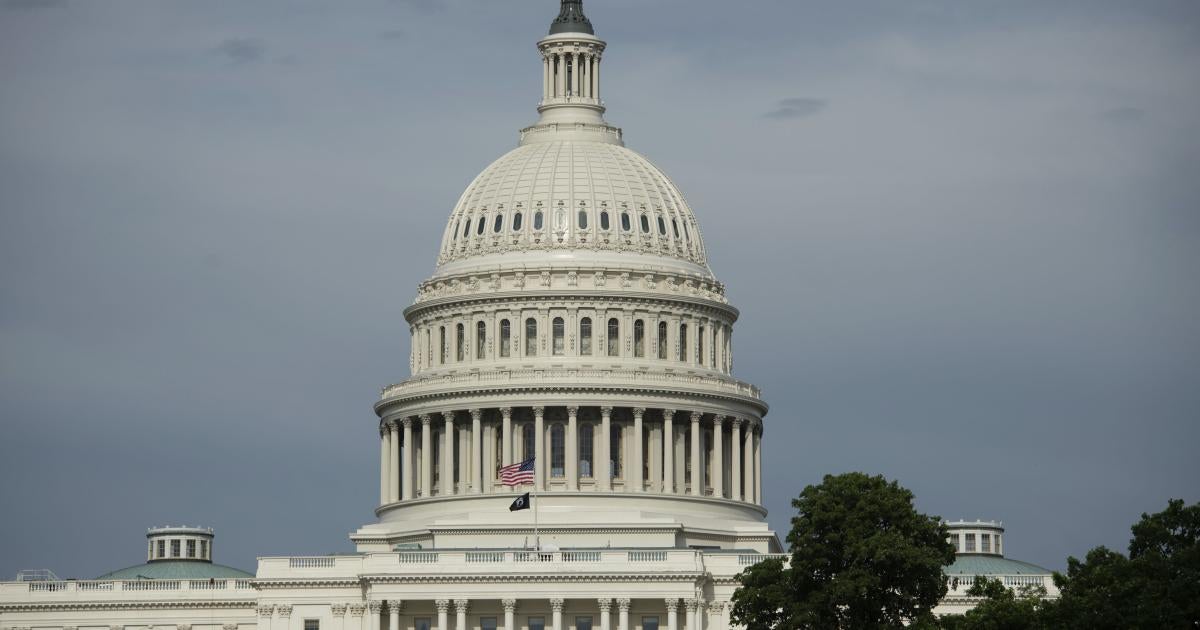On March 8, Representative Ilhan Omar reintroduced in the United States House of Representatives the Stop Arming Human Rights Abusers Act, which proposes placing “universal human rights and humanitarian conditions on security cooperation with the United States.” The legislation would help ensure the US government is not arming governments that commit rights violations.
If the bill is passed, the president could impose sanctions on governments that the administration determines have committed war crimes, acts of genocide, or crimes against humanity. These governments would be barred from receiving US security assistance, arms sales, commercial exports of arms, and law enforcement exchanges until the president certifies that the government is no longer committing these crimes. A lifting of sanctions would also require the implicated government to take steps to advance accountability by prosecuting perpetrators and providing reparations to victims.
The legislation would also establish a US Commission on Atrocity Accountability and Human Rights, tasked with recommending to the president, secretary of state, and Congress which governments should be prohibited from receiving US security cooperation.
Improved congressional oversight of US arms sales and security assistance is crucial for curtailing wartime abuses globally. The US currently sells more weapons than any other country, though a lack of transparency and accountability means that these weapons can fall into the hands of human rights violators. In 2020, then-presidential candidate Joe Biden claimed his administration would not compromise on its commitment to human rights in order to sell weapons. Yet, the US government has continued to provide security assistance to Saudi Arabia, Uganda, and Nigeria – all nations with governments responsible for serious rights violations.
Omar’s bill follows another initiative aimed to curtail problematic US arms sales: the launch of the Arms Sales Accountability Project, an initiative led by the Center for Civilians in Conflict. The project convenes 10 nongovernmental organizations, including Human Rights Watch, to undertake research, advocacy, and public engagement with the goal of reforming US security cooperation and preventing US weapons from fueling violence, corruption, and rights abuses around the world.
As civil society groups work to increase governmental transparency, members of Congress should follow Rep. Omar’s lead. They should press for human rights to be a central consideration in all decisions on US security cooperation.



